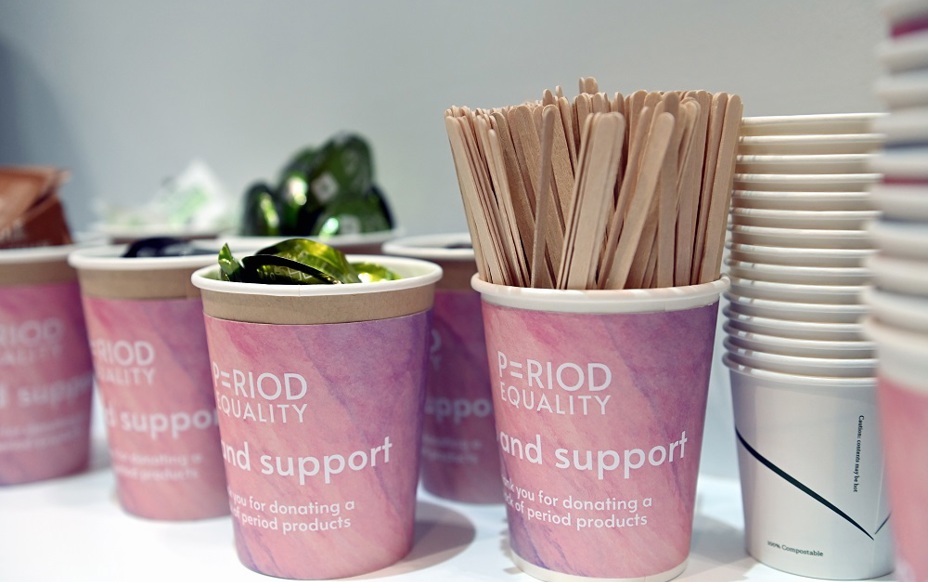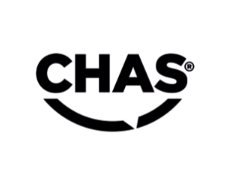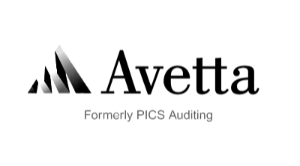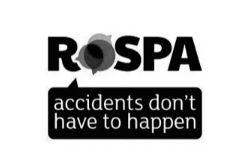- Cost of living makes it harder for a third of workers polled to afford basic period products
- In the past year nearly a third of UK employees with periods say they’ve worn period products for longer than they should have
- Whilst one in seven have resorted to using something other than period products whilst on their period
- Stats released by period equality podcast, The Blobcast: Free The Period
Many people who rely on period products at work are sacrificing meals so that they can afford basic period products and risking their health by wearing them too long.
The shocking revelation released today by the period equality podcast, The Blobcast: Free the Period and phs Group shows one in 10 employees in the UK with a menstrual cycle have spent lunch money, or money that would have been spent on food, on period products instead.
Over 1,000 women with a menstrual cycle were surveyed for the data. It forms part of a wider combined study of 2,262 girls in education aged 13-18 and adult employees with a period across the UK, and it shows both groups are no stranger to period poverty.
Nearly one in 10 (9%) students aged between 13 and 18 say a parent or family member has gone without in order to buy them period products or they themselves have used their food money to cover the cost – with 7% unable to afford lunch as a result.
The findings also show that 7% of girls and women who’ve had to take time off due to a period stayed away from lessons or work because no period products were available to them, with 4% saying they could not afford them.
Over a quarter (27%) of girls and women said they and their families have found it harder to buy menstrual products over the last year, with the higher cost of living forcing two in five (40%) to opt for period products they would not normally choose and almost half (46%) ruling out sustainable and recyclable choices.
While one in 10 women know someone who hasn’t been able to afford pads or tampons, the figure is almost double (19%) among students with a quarter (26%) being asked to lend them to a friend in the last year.
As many as 17% students report wearing period products for longer than they should do even though it is a health and hygiene risk, but this number rises even more for women at work with almost a third (29%) taking the risk. As a result, 5% of girls and women reported feeling unwell as result, a shocking and dangerous statistic.
One in nine (12%) has used an alternative to period products for their period and 3% have resorted to stealing them.
Kelly Greenaway, period equality lead at phs Group, said:
“It’s important to recognise that huge advances have been made in giving access to free period products in schools and workplaces across the UK.
It’s quite clear from our latest research that the affordability of period products is still a major issue for far too many, and that the cost-of-living crisis has exacerbated this problem.”
It’s unacceptable in this day and age that anyone is having to choose between meals or tampons, that families are sacrificing spending on other essentials to pay for them, and that many are risking their personal health to save on the cost.”
The aim of the podcast, The Blobcast: Free The Period, is to give everyone more knowledge about their periods, and to instigate open and honest conversations around menstruation to tackle the current taboos around them.
The episodes include themes around shame, basic knowledge, pain and an entire episode about the cost of period products with Bloody Good Period’s Terri Harris, and the first trans man to model period underwear, Kenny Ethan-Jones.
Kasey Robinson, a menstrual well-being and confidence educator who delivers workshops in schools, colleges and workplaces and The Blobcast’s host said:
“These figures are more than disappointing, but sadly are not a surprise. Period products are not a luxury. We shouldn’t be making the choice between food and period protection. We shouldn’t be using household items or clothes instead of period products. We shouldn’t be wearing our period products for longer than recommended.
“Failing to use period products correctly can have life-threatening consequences, these figures highlight a major threat to our health on a huge scale. We need to come together as a society and tackle the poor access to products; in education, in the workplace, and on a Government level.”
The Blobcast: Free The Period is available on all free streaming platforms, and more information can be found here.
As part of phs Group’s period equity initiative, its aim is to glean knowledge about how period equality schemes are working year on year, so it can adapt and change to better support learners, schools, businesses and people who menstruate everywhere and end period inequality.


































